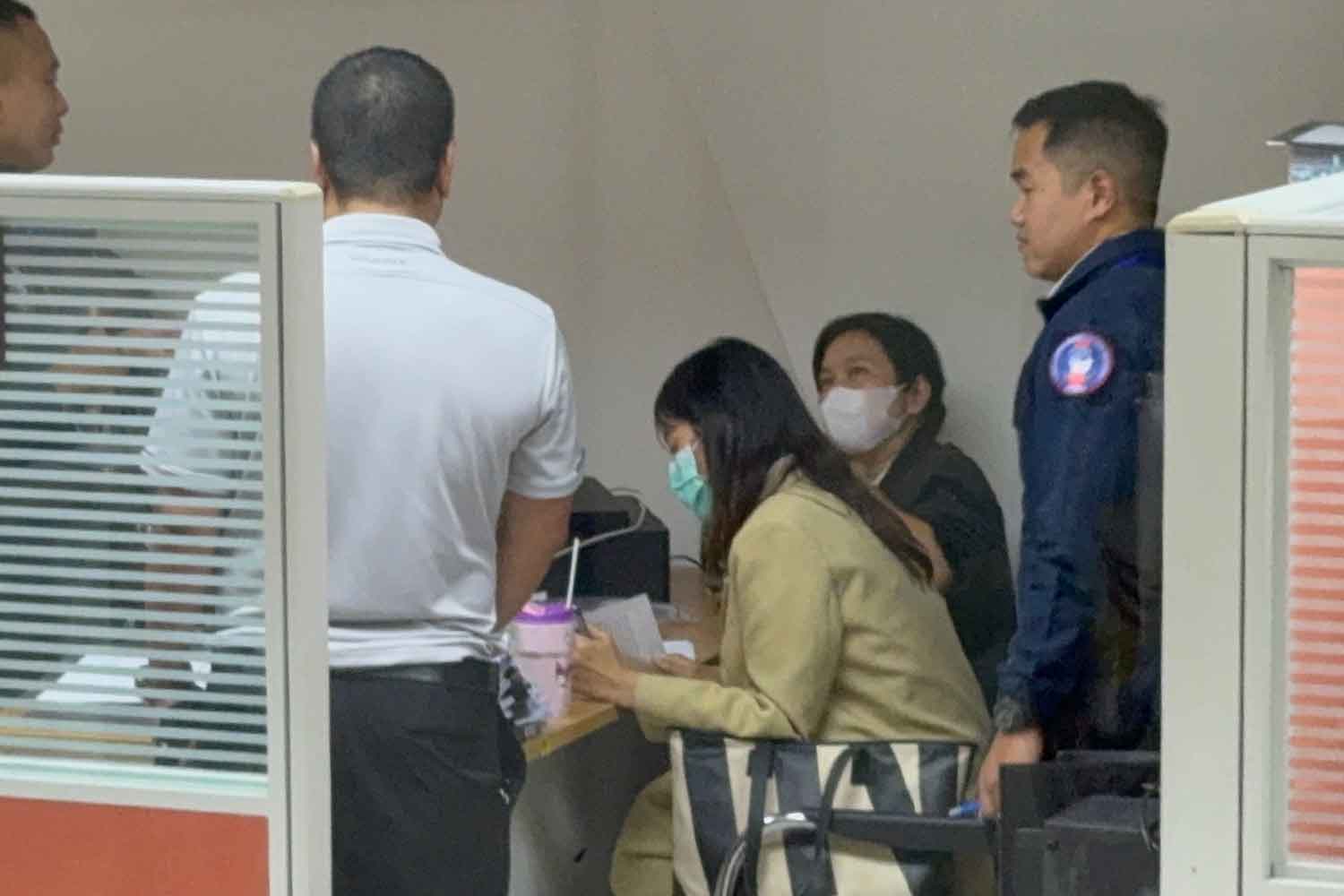Thailand’s Securities and Exchange Commission (SEC) is taking a stand against crypto-related money laundering. Amidst growing concerns, the SEC now requires digital asset operators to report suspicious transactions, intensifying efforts to protect the nation from cryptocurrency-based scams.
SEC Tightens Grip on Crypto Money Laundering in Thailand
With the rise of cryptocurrency, the SEC’s proactive approach highlights Thailand’s commitment to maintaining financial transparency. The recent crackdown on money laundering involving the iCon Group, accused of using stablecoin USDT for illegal activities, underscores the urgency for regulatory oversight in the crypto industry.
Cryptocurrency and the Challenge of Money Laundering
Digital assets like cryptocurrencies present unique challenges in financial regulation. As the Upbit Exchange Thailand’s chief, Preecha Praipattarakul, explains, crypto assets can be tricky to monitor, especially as they are often intermediaries before cash is funneled into banks. This has made collaboration among financial entities and strict oversight essential for identifying laundering activities.
The Role of Banks in Monitoring Crypto Conversions
Although crypto is central to these transactions, banks play a critical role when digital assets are converted to cash, acting as the last line of defense in identifying suspicious activities. Effective anti-money laundering (AML) requires a seamless partnership across both crypto exchanges and banking systems.
SEC and TDO Collaboration: Strengthening Transparency
The Thai Digital Asset Operators Trade Association (TDO) is committed to enhancing transparency by working closely with the SEC. Jirapat Namtubtim of GMO Z.com Cryptonomics Thailand stressed that while crypto’s association with laundering is only about 1% compared to traditional assets like cash or gold, negative news can harm the industry’s reputation.
Tightening Know-Your-Customer (KYC) Protocols
To address concerns, TDO’s Att Tongyai Asavanund highlighted the association’s push to strengthen KYC checks. These protocols are vital for weeding out potential risks, and TDO is dedicated to alerting investors and exchanges during significant market movements, promoting a secure environment for digital asset trading.
Skyrocketing Crypto Trading: The Need for Robust Regulation
In 2023, digital asset trading in Thailand surged to 1.67 trillion baht, a remarkable 94.2% increase from the previous year. This rapid growth signals a need for comprehensive regulations to protect investors and foster a secure trading ecosystem.
Addressing the iCon Group Incident and Regulatory Reforms
The SEC’s recent actions reflect a larger trend of adapting laws to the evolving financial landscape. Lavaron Sangsnit from the Finance Ministry stressed that as direct sales and e-commerce evolve, regulatory frameworks must be updated to prevent new forms of financial misconduct.
The Road Ahead for Crypto Regulations in Thailand
As digital assets continue to gain traction, the SEC and TDO are committed to upholding financial transparency and security. With tighter controls and heightened scrutiny, Thailand’s approach may serve as a model for other nations facing similar challenges in the crypto market.








